This week, the European Union (EU) and Thailand began the second round of negotiations on a bilateral free trade agreement (FTA), which is expected to be a “boost” for the economy of the “land of pagodas” and will help strengthen the 27-nation bloc’s “pivot” policy to Southeast Asia.
Initial trade negotiations between the EU and Thailand, which began in 2013, were suspended in 2014 due to the political upheaval in the Southeast Asian country. Although the European Commission (EC) gave the green light to resume trade talks in late 2019, the first round of negotiations will not actually take place in Brussels until September 2023.
The second round of negotiations is scheduled to be held in Bangkok from January 22-26, and Thai Commerce Minister Phumtham Wechayachai has expressed hope that the negotiations will be concluded by early 2025.
The latest talks between the EU and Thailand are likely to be tense. The desire of both sides to protect their fisheries industries is becoming a major obstacle to the desired final outcome. Thailand says the EU is demanding a more comprehensive and larger agreement than what it has signed in the FTAs it currently has.
The EU is Thailand's fourth-largest trading partner after China, the United States and Japan, with bilateral trade worth around 32 billion euros ($34.8 billion) in the first 10 months of 2023.
Looking for an economic “boost”
Thailand, Southeast Asia’s second-largest economy with a population of 71 million, is currently facing its deepest recession in two decades. Having suffered a sharp decline in GDP and a spike in unemployment due to a drop in exports, the country is also struggling as the tourism sector – the backbone of the economy – suffers from the long-term effects of the Covid-19 pandemic.
In his first policy statement to parliament last September, Prime Minister Srettha Thavisin pointed out that Thailand’s post-pandemic economy could be compared to a “sick person.” In the short-term, urgent policies, the government needs to stimulate spending and ease the immediate difficulties of the people. In the medium- and long-term policies, the government will enhance the people’s capabilities by generating more income, reducing costs and creating more opportunities.
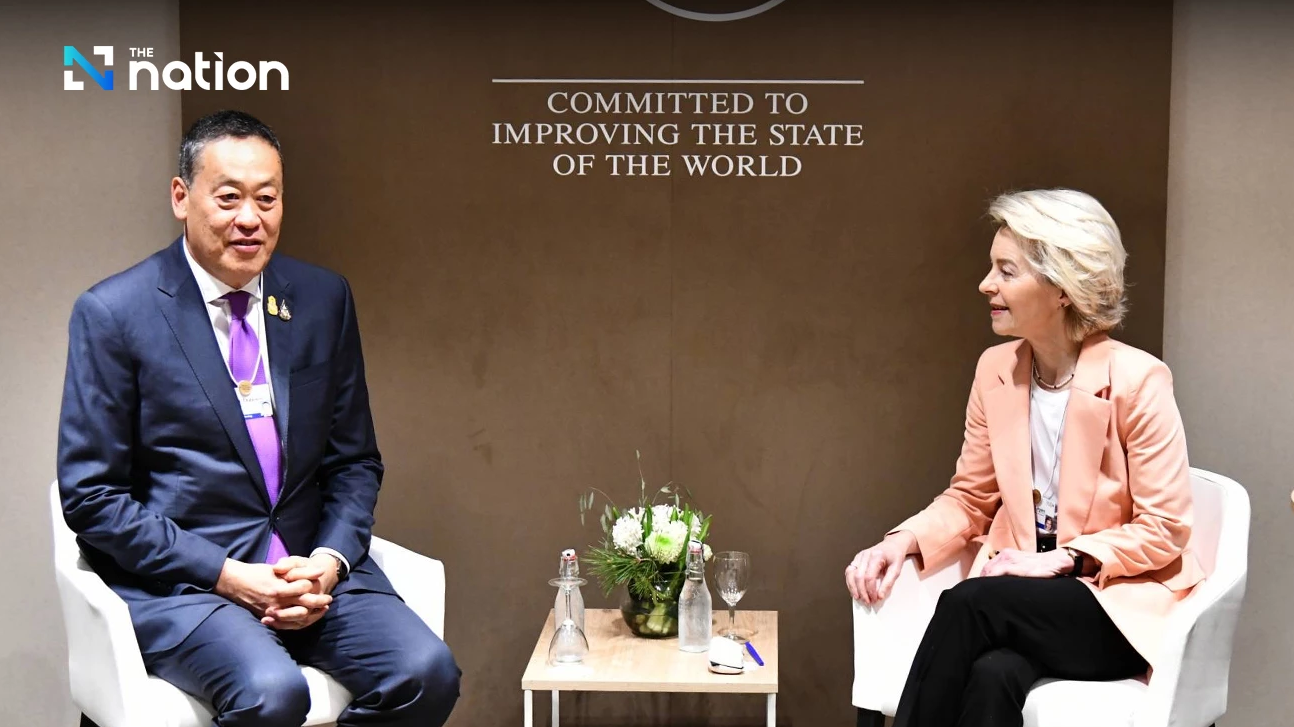
Thai Prime Minister Srettha Thavisin holds talks with European Commission (EC) President Ursula Von der Leyen on the sidelines of the WEF in Davos, January 18, 2024. Photo: Nation Thailand
The Srettha-led government’s long-term plan therefore includes resuming trade with international partners, especially with the EU after nearly a decade of hiatus. Accordingly, the first round of formal FTA negotiations between the two sides took place in Brussels last September. Other senior trade officials from the European Parliament (EP) visited Bangkok last December for further discussions on the FTA.
On the sidelines of the 54th annual meeting of the World Economic Forum (WEF) in Davos, which concluded on January 19, Prime Minister Srettha, who is also Thailand's Finance Minister, held talks with President of the European Commission (EC) Ursula Von der Leyen.
Thailand's economy is expected to grow just 2.5% in 2023. Among Southeast Asian countries, Thailand currently faces the highest import tariffs from the EU, at 11.5%, compared with 5.6% for Malaysia and 8.1% for Indonesia, according to the Economist Intelligence Unit (EIU).
According to the Institute for Future Development Studies, a Thai non-profit academic research organization, an FTA with the EU would boost Thailand's annual economic growth by 1.2%, while annual exports and imports would increase by 2.8%.
Apart from the EU, Bangkok plans to conclude free trade talks this year with Sri Lanka, the United Arab Emirates (UAE) and the European Free Trade Association – a trading bloc comprising Iceland, Liechtenstein, Norway and Switzerland.
Looking for a “comprehensive” deal
For the EU, the FTA talks with Thailand add another country to its free trade wish list and reinforce its “pivot” to Southeast Asia. Brussels already has FTAs with Vietnam and Singapore. Other deals with Indonesia and the Philippines are currently under negotiation.
This is also part of a larger trend by the EU to repair relations with Southeast Asia, with a number of EU officials and European ministers travelling to the region in recent years.
If the two sides finalize the agreement, the EU-Thailand FTA will be the EU’s third FTA with an ASEAN member state. But the road from negotiation to signing the agreement is fraught with difficulties, especially as European standards are very strict.
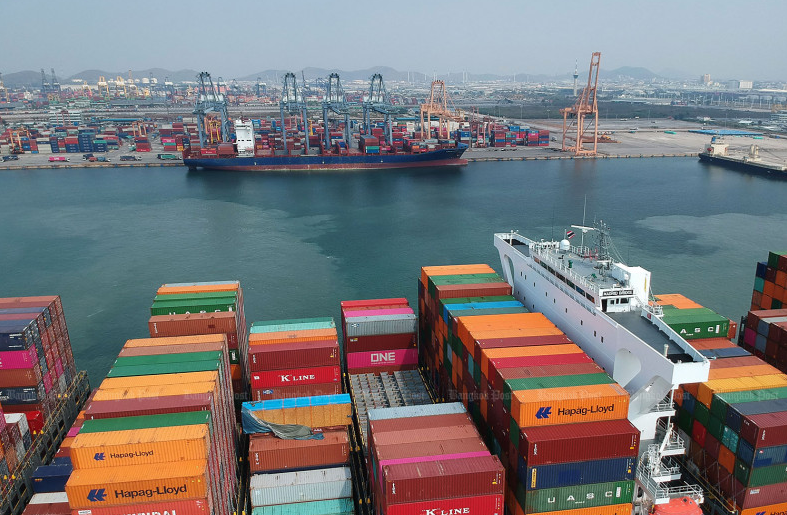
Among Southeast Asian countries, Thailand currently faces the highest import tariffs from the EU. Photo: Bangkok Post
Chotima Iemsawasdikul, director general of Thailand’s Trade Negotiations Department, acknowledged the challenges, saying a trade deal with Brussels “will be comprehensive and of high standards in all areas”, particularly on intellectual property, state-owned enterprises and market access for public procurement.
These are areas that Bangkok “has never committed to” before in existing FTAs, Chotima told Germany's DW.
Brussels wants Bangkok to make bidding for public procurement contracts more transparent, DW reported, citing sources familiar with the talks. The EU is also seeking better market access for the services sector and improved environmental standards.
Meanwhile, Thai negotiators want the EU to ease restrictions on agricultural and fishery imports. And this could be the biggest source of contention.
The biggest "knot"
Last June, months after announcing the resumption of FTA negotiations with Thailand, the European Parliament (EP) passed a resolution arguing that “a free trade agreement with Thailand could pose a serious threat to the EU’s fish and canned seafood industry,” which is a leading source of wealth and jobs in coastal areas.
Likewise, Bangkok is wary of undermining its own fisheries industry. A month after taking office, Prime Minister Srettha’s administration said it would review the Fisheries Act, which is aimed at cracking down on illegal, unreported and unregulated (IUU) fishing.
However, Thai fishing officials say this has created too much regulation and is now undermining the industry, which is expected to be worth an estimated 3.3 billion euros to the Thai economy by 2022.
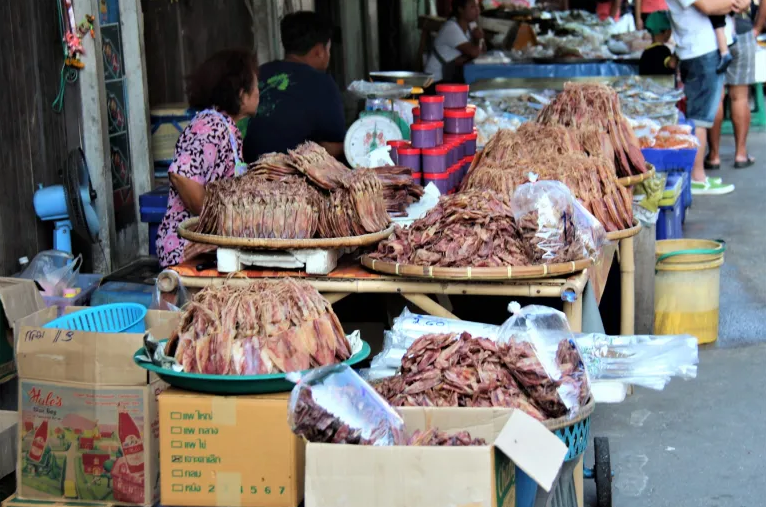
Dried seafood for sale in Ban Phe, a floating fishing village in Rayong province on Thailand's east coast. Photo: Routes and Trips
But nearly 90 non-governmental organizations (NGOs) co-signed a letter last November arguing that the Thai government’s possible deregulation of the sector risks leading to daily wages, allowing child labor and undermining sanctions designed to deter IUU fishing.
In 2019, the European Commission (EC) removed Thailand from the “warned countries” list in recognition of its progress in tackling IUU fishing. Thailand had previously been given a “yellow card” in 2015.
“Despite the challenges, the Thai government considers the completion of the EU-Thailand FTA a top priority,” said Ms. Chotima.
“Thailand looks forward to engaging in productive discussions with the EU in the upcoming meetings, with a view to finding innovative and mutually beneficial solutions. Thailand’s initial target is to conclude the agreement by 2025,” the official added .
Minh Duc (According to DW, EIAS)
Source



![[Photo] General Secretary To Lam receives Japanese Ambassador to Vietnam Ito Naoki](https://vstatic.vietnam.vn/vietnam/resource/IMAGE/2025/4/3/3a5d233bc09d4928ac9bfed97674be98)

![[Photo] Moment of love: Myanmar people are moved to thank Vietnamese soldiers](https://vstatic.vietnam.vn/vietnam/resource/IMAGE/2025/4/3/9b2e07196eb14aa5aacb1bc9e067ae6f)
![[Photo] Special relics at the Vietnam Military History Museum associated with the heroic April 30th](https://vstatic.vietnam.vn/vietnam/resource/IMAGE/2025/4/3/a49d65b17b804e398de42bc2caba8368)



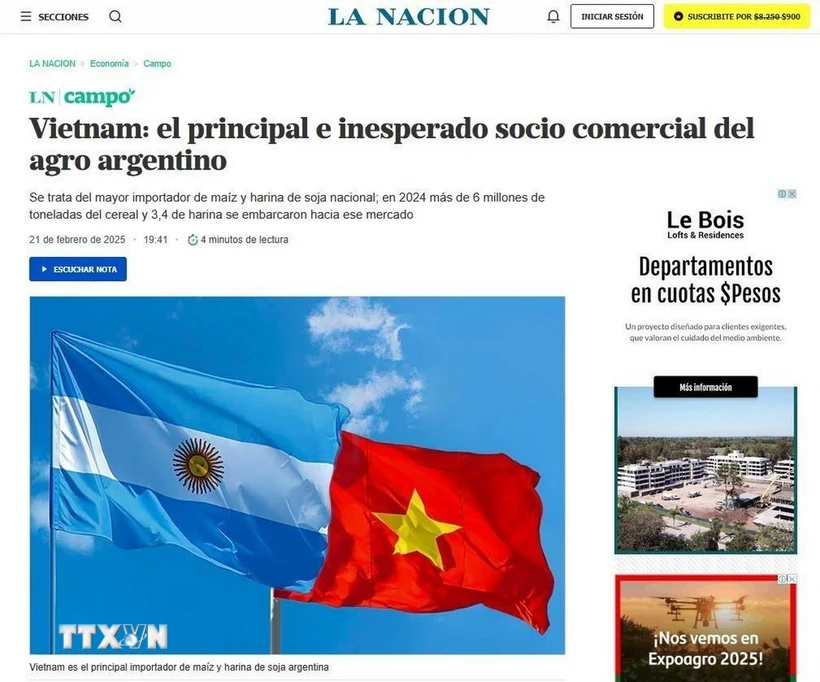

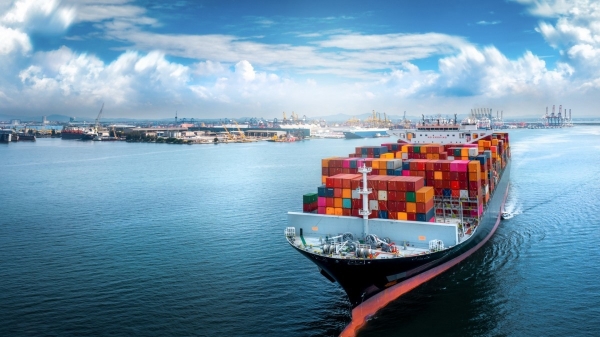
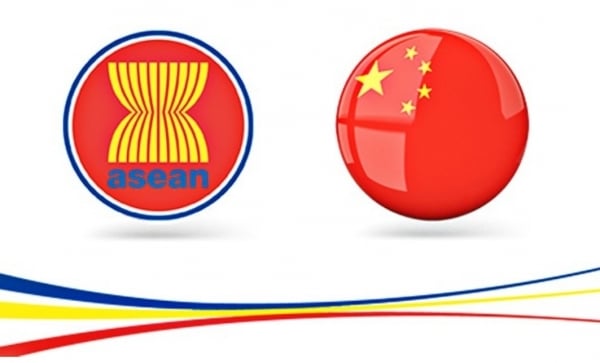

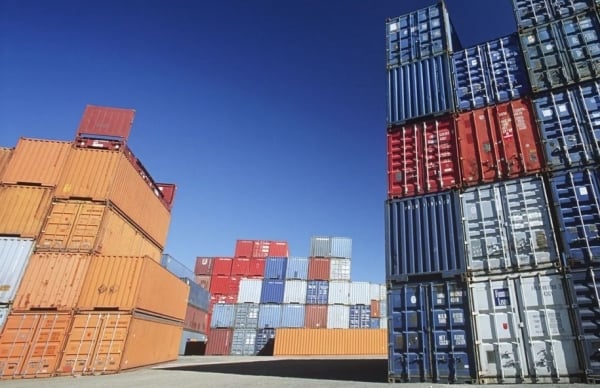
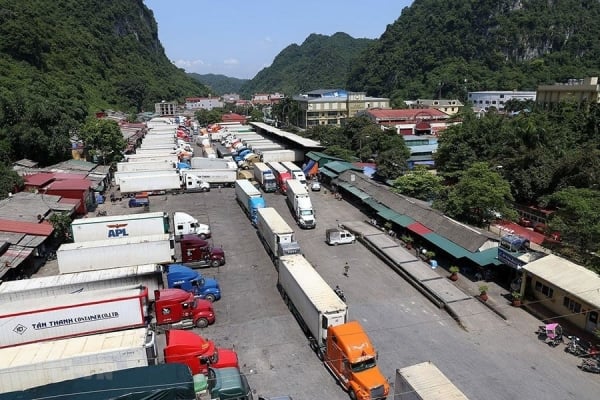



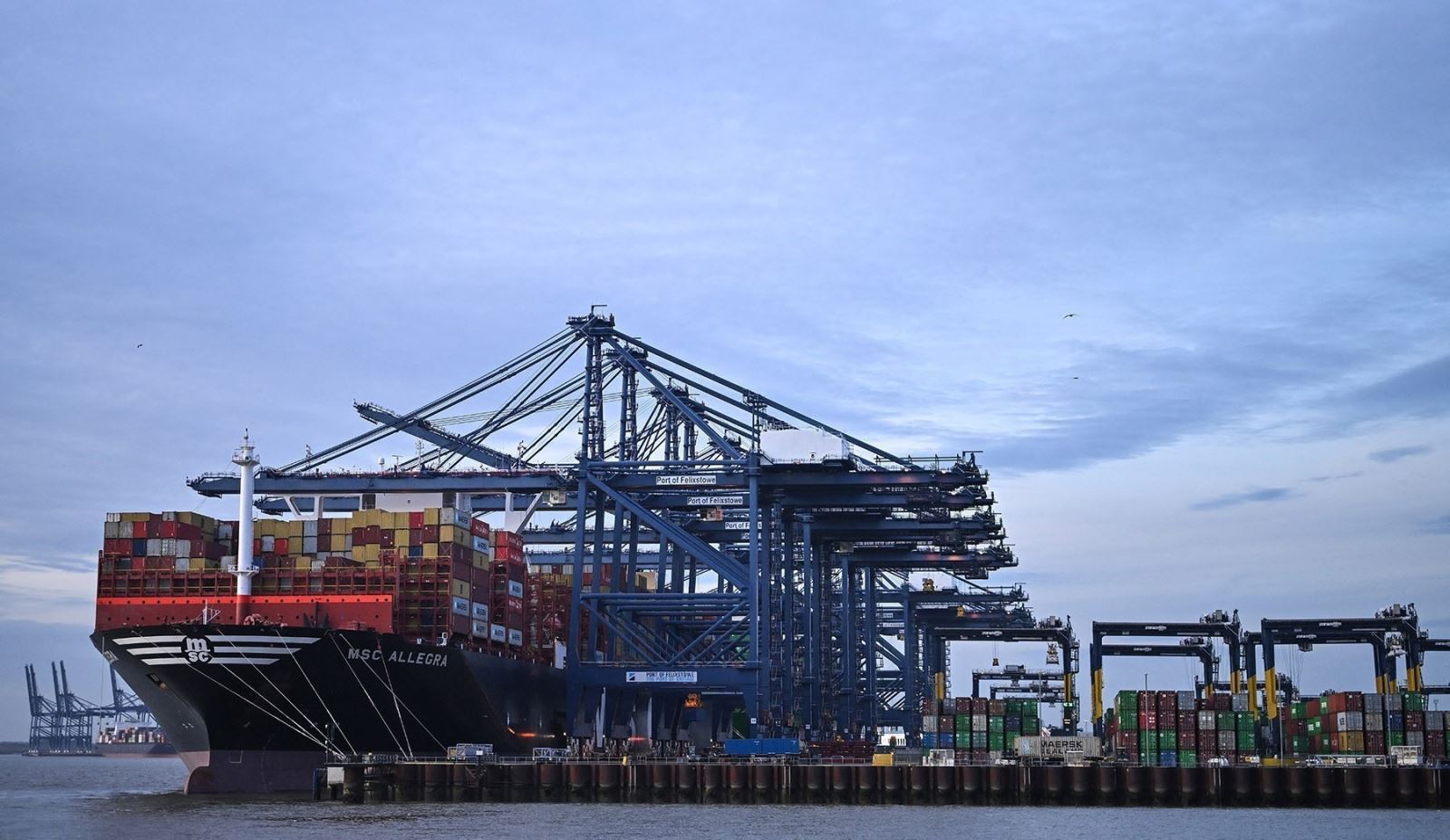

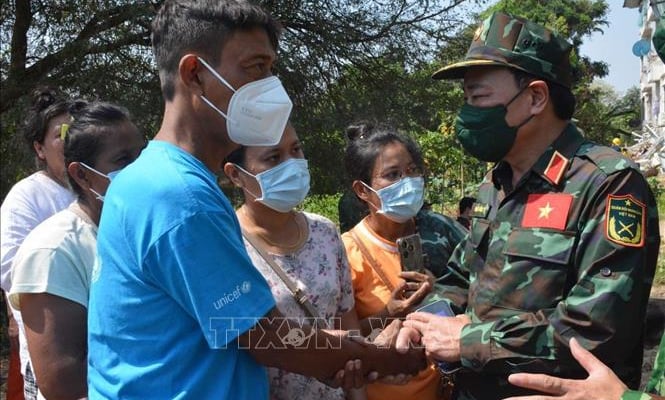
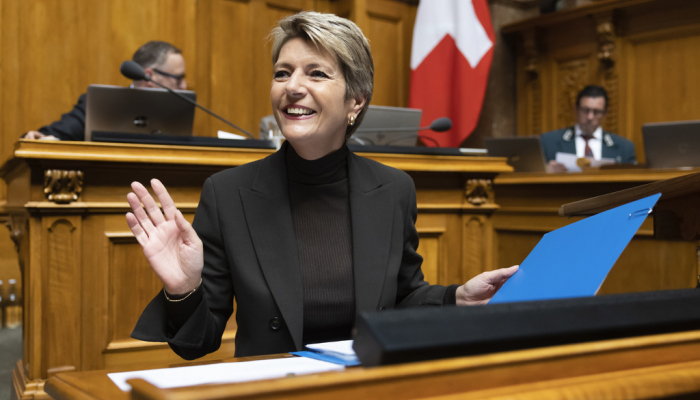









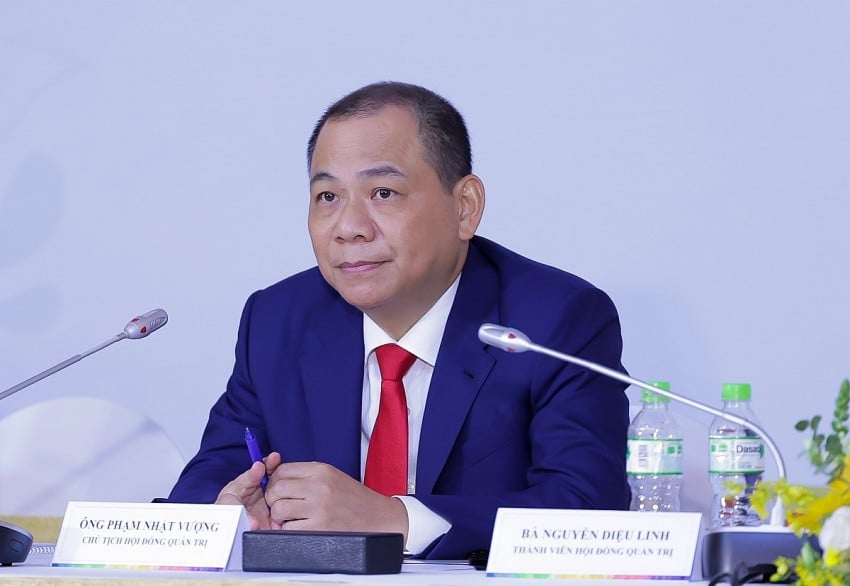






























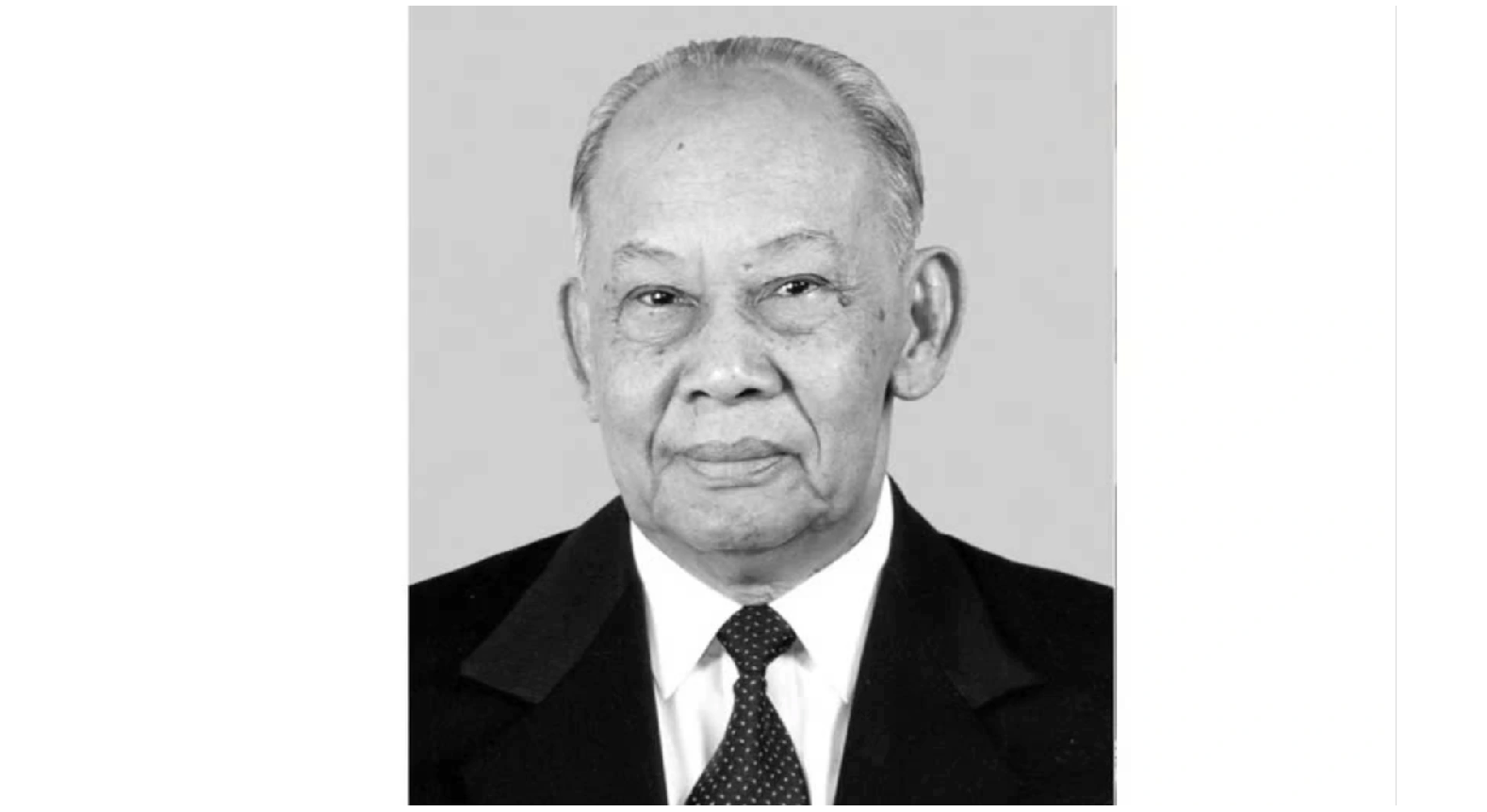
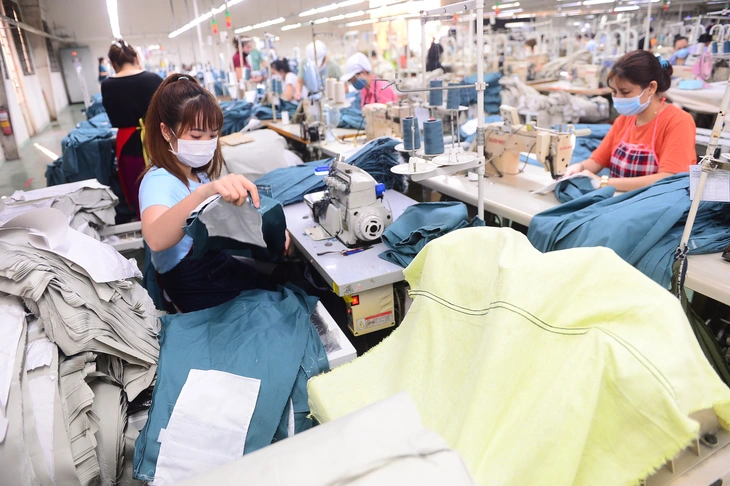
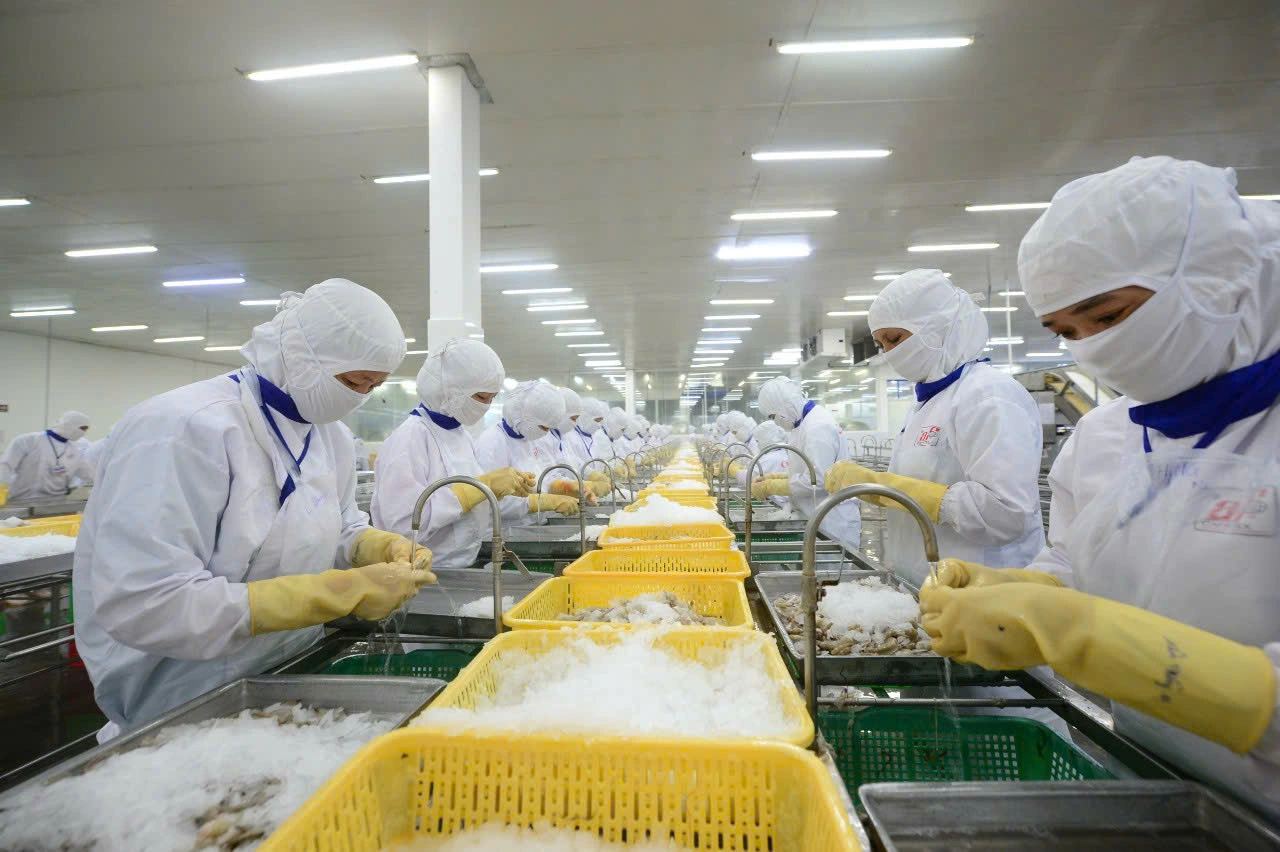




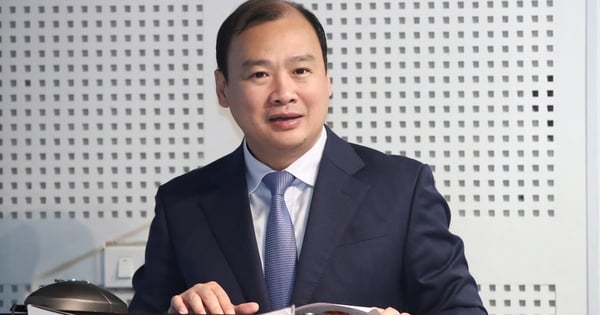

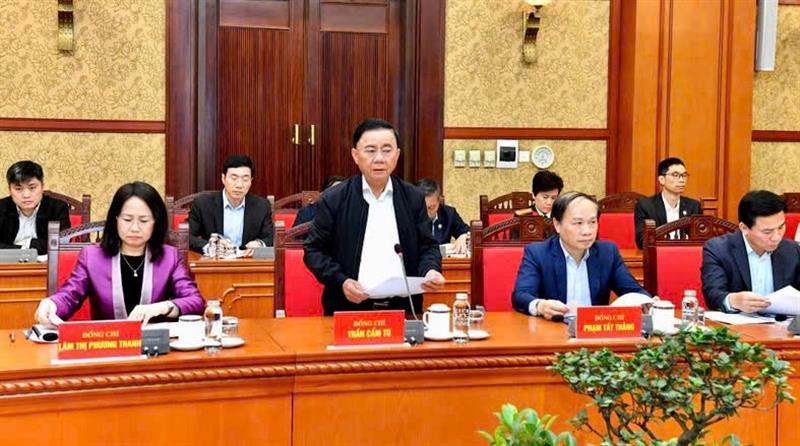



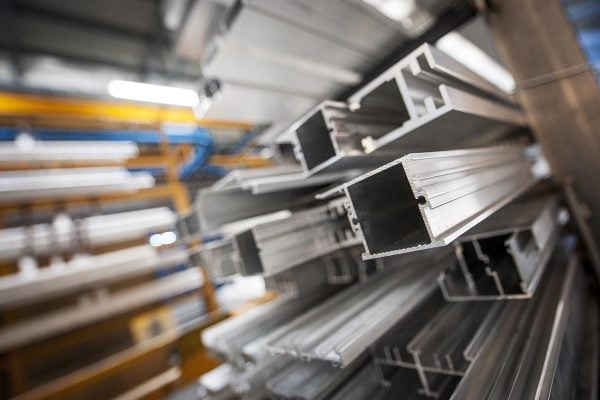

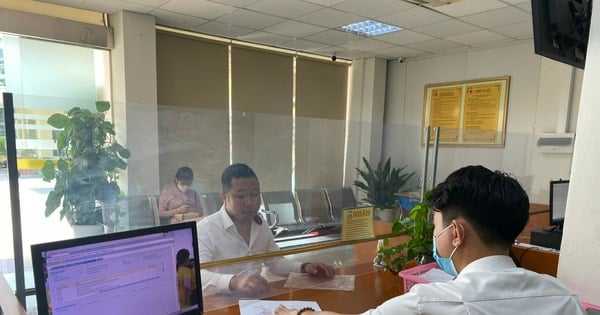

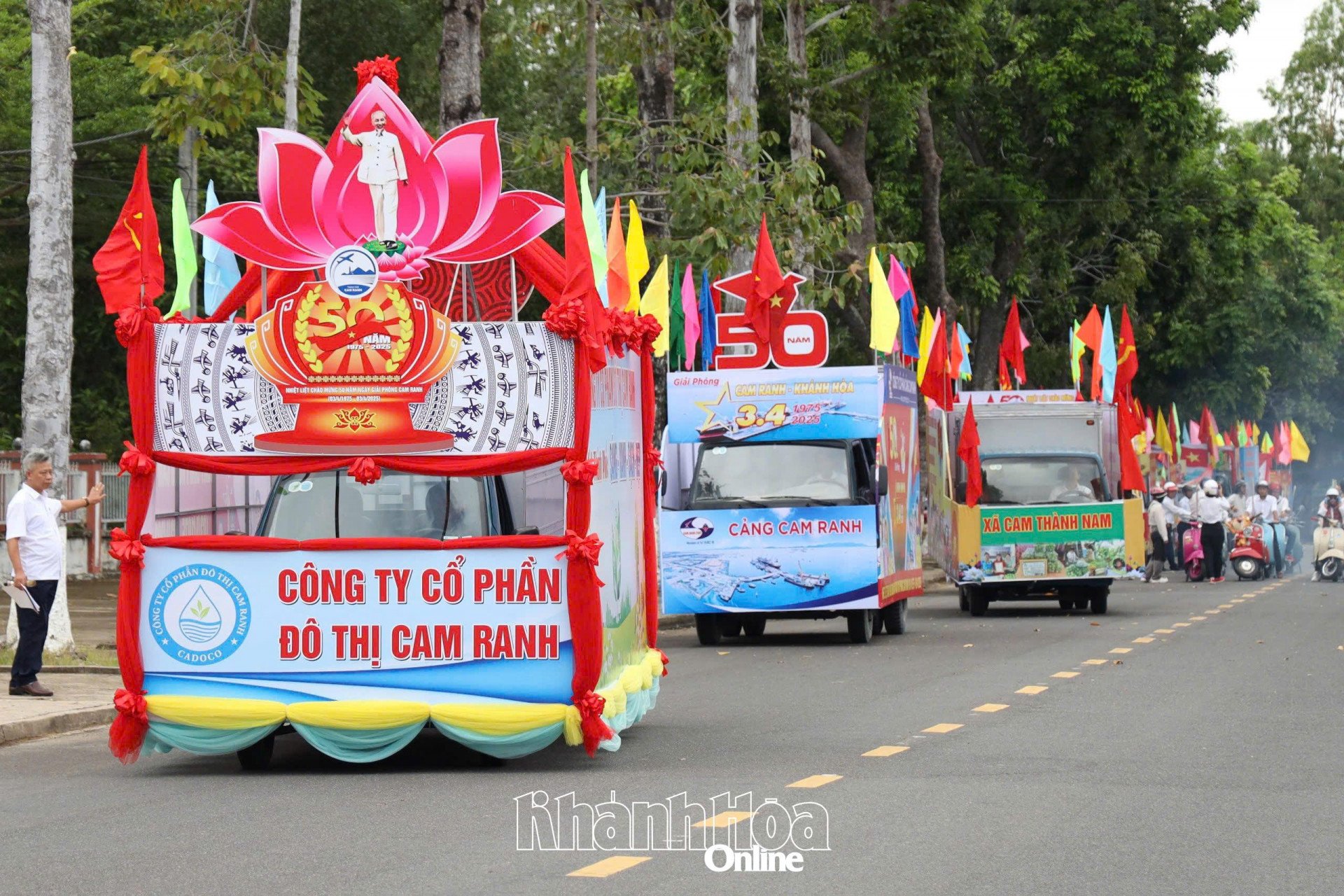















Comment (0)